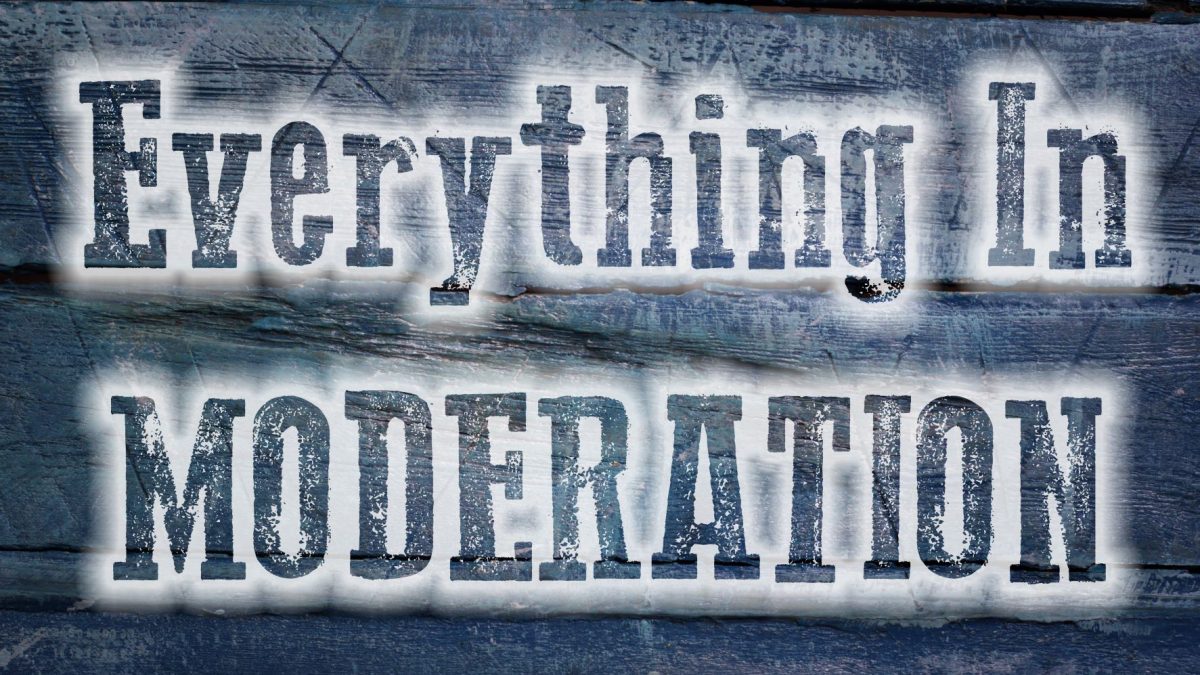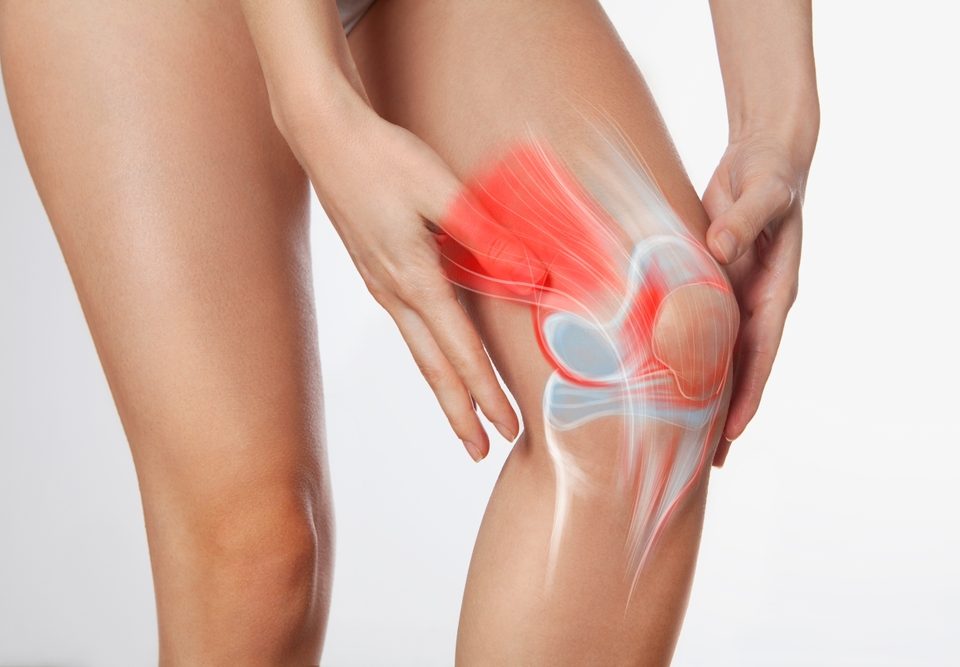The Antarctic Odyssey was the start of my journey into adventure racing and blogging. I wrote a series of post that charted my adventure from start to completion of my Antarctic Odyssey. This post is part of the series.
My great grandmother always said, ‘take everything in moderation’, and she particularly applied that to diet. She was born in the late 1800′s and died in the early 1970′s, in her eighties. Although latterly her health was not great and she had a touch of dementia she enjoyed good health and a steady weight through out her life. She experienced times of plenty and times of rationing and shortages. I am sure that she would have been aghast to see the amount that people eat today; the convenience foods and the all too available fatty and sugary snacks.
My father on the other hand was a chef and an archetypal one at that. He was large in all senses of the word; personality, talent and physical size. He did not know the meaning of moderation, he lived for his work and lived life to the full and died just aged 59 of cardio-myopathy (heart failure). Whilst his lifestyle did not directly cause this condition it did contribute, and certainly made it worse. When he first started working in kitchens he was poker thin, but over the years the weight increased and topped out at 20 stones, with a 50 inch waist, 52 inch chest and a 20 inch collar. He was only 5’10″. He ate well. Ironically, as obsese as he was, his cholesterol was always low. High weight and high cholesterol to not go necessarily come together.
In spite of my father’s largess we were a moderate household. Snacking was frowned upon and the emphasis was on 3 well balanced meals a day. Sweets and chocolate were weekend treats, as was a packet of crisps. If you wanted a snack it was usually fruit, a slice of bread or a glass of milk. There were biscuits but fairly plain ones and I do not recall eating many. There was usually some form of home baking available too. All meals were cooked from fresh. Faddy or picky eating was not tolerated, and the rule was, ‘don’t say you don’t like until you have tried it’. My conversion to a vegetarian diet for a couple of year in my late teens; and later, the exclusion of beef from my diet for a number of years when ‘mad cow’ hit, were frowned upon.
Nowadays, I am a firm advocate of everything in moderation. I love food and cooking. I especially love cooking. It is a great source of relaxation and pleasure to me. But I also love running and being fit. It would seem that I have inherited something of both my great grandmother and my father. I have, and do moderate my diet to ensure that I can cope with my training requirement and keep my weight steady, and I am aware that the exercise allows me me certain indulgences. Perhaps there could and should be a few less indulgences, and I could be a few pounds lighter; but I don’t want to impose running based restrictions on my diet that could result in a sense of resentment. That said, I enjoy finding and cooking new, different and tasty foods and recipes that suit my dietary requirements as a runner.
So how does this work in practice? Strangely enough, a little bit of everything, including those things often deemed to be bad. Veg and salad intake is unlimited. All types of meat and fish are included, but some days are vegetarian and red meat tends to be once or twice a week, no more. I eat full fat including butter, cheese and cream. Low fat foods often replace fat content with sugar to help them emulsify and to provide flavour, but it also adds calories. I add salt when cooking because I cook from fresh and am in control of the amount; and food needs seasoning, and tastes like c**p without it. Plus I sweat, so some salt is no bad thing. I drink moderate amounts of alcohol and not daily.
I recently decided to reduce my fruit intake slightly as I felt that there was a bit of an imbalance and that I was getting energy spikes. I don’t have a sweet tooth so tend naturally to avoid sweet foods; a bit of dark chocolate, the odd biscuit, a bit of home baking some weekends. Savoury snacks could be my downfall and overindulgence, so crisps remain strictly a weekend treat.
Many runners avoid grains entirely, especially wheat gluten which can cause inflammation in the digestive system for some people. I don’t avoid them, but have reduced the amount of wheat in my diet after having problems with energy levels and my gut . Initially it was a trial, an experiment, but I felt better for it. I still eat rice and oats pretty much as before, but limit my pasta intake to once a week if that; and a bit of bread, (which I love) roughly 3 times a week. My bread is homemade and organic wholemeal, rye, spelt or mixed grain. Homemade bread causes me no problems, and I often think that perhaps the issue with bread is not so much the wheat/grain, but the additives and raising agents used in mass production. I use potatoes, sweet potatoes, beans and pulses to provide the energy that might be gained from pasta and bread.
Some months ago I began intermittent fasting, which I do 2 days per week on consecutive days with a small intake of between 500 and 600 calories. A bit like the grains debate this practice can illicit strong opinions and emotions. It does not sound like a moderate thing to do, but it works for me. I had slipped into some bad eating habits with some things no longer being taken in moderation and I had gained some weight and my energy levels were not good. So, I decided to try it along with some tweaks to my diet. Each reinforcing the other and focussing my plan. The weight has come off, my energy levels are great and the fast days do not affect my training. I still enjoy my food, and in fact enjoy it more. There is no sense of guilt, ‘should I shouldn’t I’, when I indulge in that extra glass of wine, a bacon roll, a chunk of crusty baguette and cheese or pate, an extra slosh of cream, a packet of crisps……
I am a happy, healthy runner and eater.




